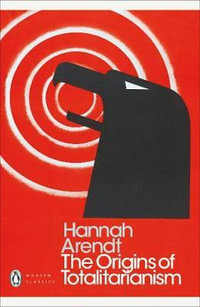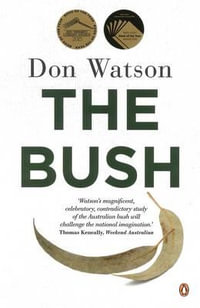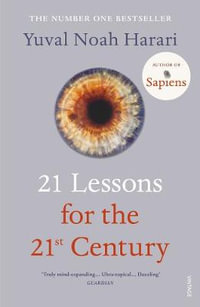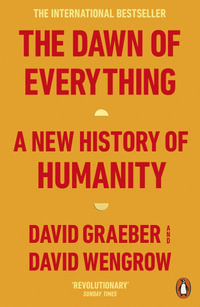This title was first published in 2003. In this new socio-cultural study of the history of the theatre in early modern England, author Paola Pugliatti investigates the question of why, in the Tudor and early Stuart period, unregulated and unlicensed theatrical activities were equated by the English law to unregulated and unlicensed begging. Starting with English vagrancy statutes and in particular from the fact that, from 1545 on, players were listed as vagrants, the book discusses from an entirely new perspective the reasons for the equation, in the early modern mind, of beggary with performing. Pugliatti identifies in players' aptitude for disguise and in the fear raised by their proteiform skills the issues which encouraged the assimilation of beggars and players; she argues that at the core of provisions against vagrancy was an attempt to marginalize people who, because of their instability in location and role (that is, in their theatrical quintessence), were seen as embodying potential for subversion. Placing the topic in a European context and relying on the reading of primary documents in several languages, Pugliatti discusses efforts to control beggary from Justinian's Codex to seventeenth-century statutes, locates the origin of anti-vagrancy and antitheatrical writings in anxieties about idleness and disguise, and analyzes the ways in which various kinds of representation demonized both beggars and players. Finally, by carefully distinguishing between the traditions of rogue pamphlets, conny-catching pamphlets and the picaresque, she offers fresh readings of a number of texts which appear to have been entirely disregarded by recent scholarship, such as pamphlets by Walker, Harman, Greene and Dekker.
Industry Reviews
'Pugliatti's wonderfully thorough review of the relations between play-acting and conny-catching uses the history of attitudes to beggars and 'sturdy vagabonds' across Early Modern Europe to deepen our knowledge of where Shakespeare's plays came from... Shakespeare's fellow-players now have a firm context for our view of where their games of illusion started from.' Professor Andrew Gurr, University of Reading '...a very important contribution to the study of poverty and beggary in the early modern period... complements and, in some cases, corrects recent studies by literary scholars. More importantly, this study places the topic in the context of European-wide concerns.' William C. Carroll, author of Fat King, Lean Beggar: Representations of Poverty in the Age of Shakespeare and Professor of English, Boston University 'The nine chapters in this remarkable, scholarly work warrant attention from all who are interested in early modern culture. Highly recommended.' Choice 'As Pugliatti mines this rich vein of material she offers useful evaluations of recent studies of poverty and beggary, particularly William Carroll's Fat Kings and Learn Beggars. In the book as a whole, one of Pugliatti's major contributions is the way she provides a Continental context.' Renaissance Quarterly '... provides convincing evidence for this surprisingly emphatic and prejudicial association of begging and performing, and a cogent analysis of some of its roots and outcomes... Pugliatti definitively sets in order the genre of rogue literature, discovering new significance in familiar but often slightly regarded texts... a promising basis for, among other things, studies of play-texts. Its wide and learned European context demonstrates the unique value of cross-cultural analysis. Its historical and formal analysis of rogue literature is a major intervention that provides an essential basis for future inquiries and discussion.' Clio '... a set of texts rich in their implica
























